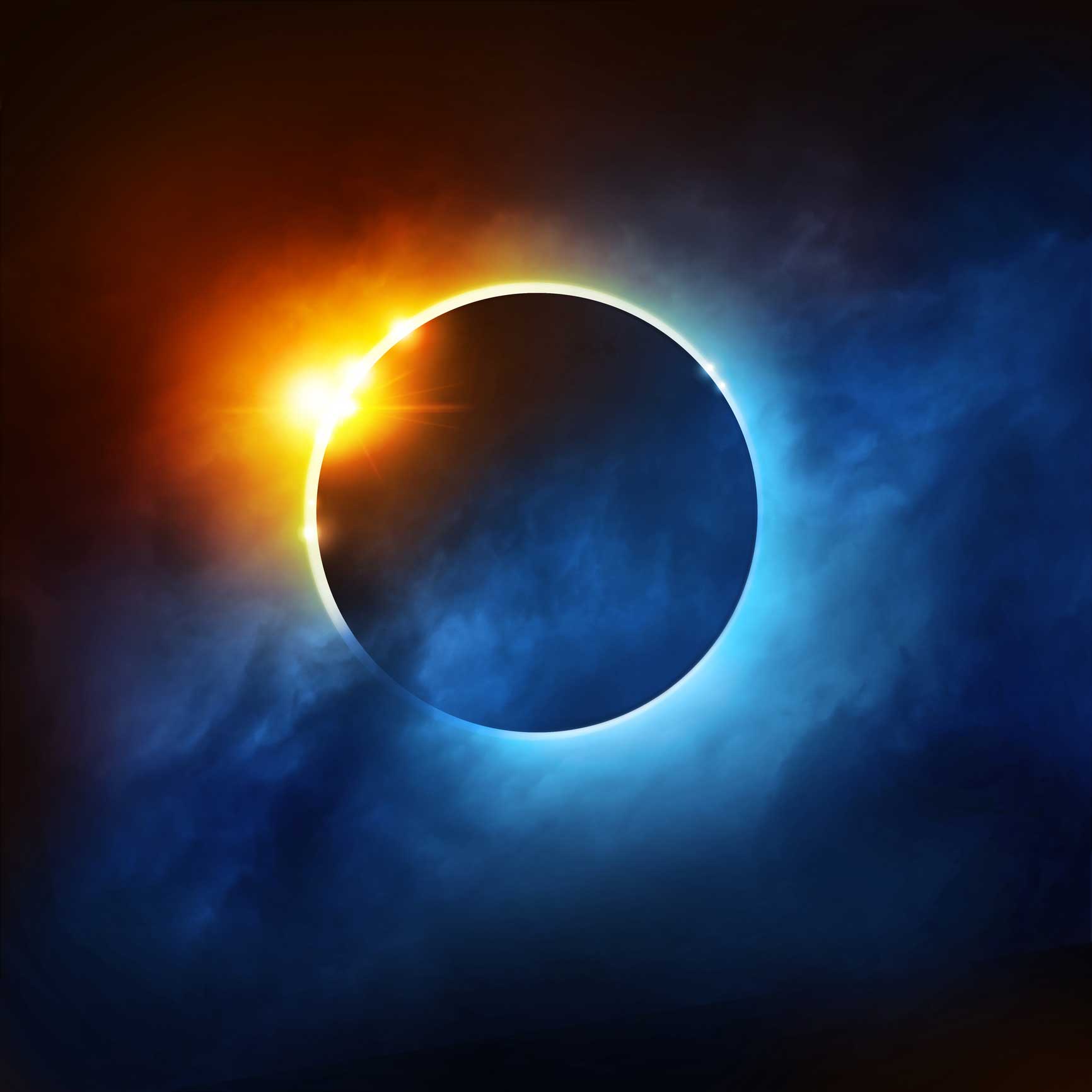Don’t look now, but the solar eclipse is coming Aug 21. It’s the first total eclipse visible from the United States since 1979, though Connecticut residents will see only a partial eclipse when the moon blocks the sun from 1:25 p.m. to 3:59 p.m.
It’s an event, for sure, but don’t watch it without the proper equipment. The total eclipse, visible across the continental United States for the first time in about 40 years — for two minutes in a 70-mile swath from central Oregon through South Caroline — is safe to watch. The partial eclipse, which precedes and follows the total eclipse, is not.
“The only way to look directly at the sun safely during a solar eclipse,” says Dr. Lyndon Lee of the Hartford HealthCare Eye Surgery Center, “is through a specific pair of eyeglasses known as eclipse glasses that block the sun’s harmful rays from entering your eyes and causing sun damage.”
Light from a solar eclipse can damage your eyes, though it’s doubtful it can cause blindness. More often, damage is caused when bright light saturates the retina, a condition known as solar retinopathy. It’s never a good idea, under any circumstances, to look toward the sun.
To view the eclipse, you’ll need solar filters, or “eclipse glasses,” that are regulated by an international safety standard. Counterfeit glasses that carry fake ISO certification labels and inadequate eye protection are showing up online. (Amazon on Aug. 14 said it was offering refunds to people who bought counterfeit solar eclipse glasses on the company’s website.) For a list of approved eclipse glasses and handheld viewers, click here.
As the eclipse approaches, keep in mind these tips from the American Astronomical Society:
- Check your solar glasses before using them. If there’s a scratch or other damage, don’t use them.
- Stand still and put on your solar glasses before looking up to the sun. Never remove the glasses while looking at the sun.
- Never look at the sun through a camera, binoculars or telescope while wearing your eclipse glasses of handheld solar viewer. The concentrated rays can damage the filter and reach the eye, cause serious damage.
- If you also wear eyeglasses, do not remove them. Place the eclipse glasses over them.
- Always supervise children who are using eclipse glasses.
“A solar eclipse is a rare but exciting event,” says Dr. Lee. “While it’s possible to view the eclipse, it’s important to protect your eyes and follow guidelines for save eclipse viewing.”
For more information on eye health and conditions like cataracts and glaucoma, visit the Eye Surgery Center. To find an experienced eye surgeon, call 1.855.HHC.EYES (1.855.442.3937).

